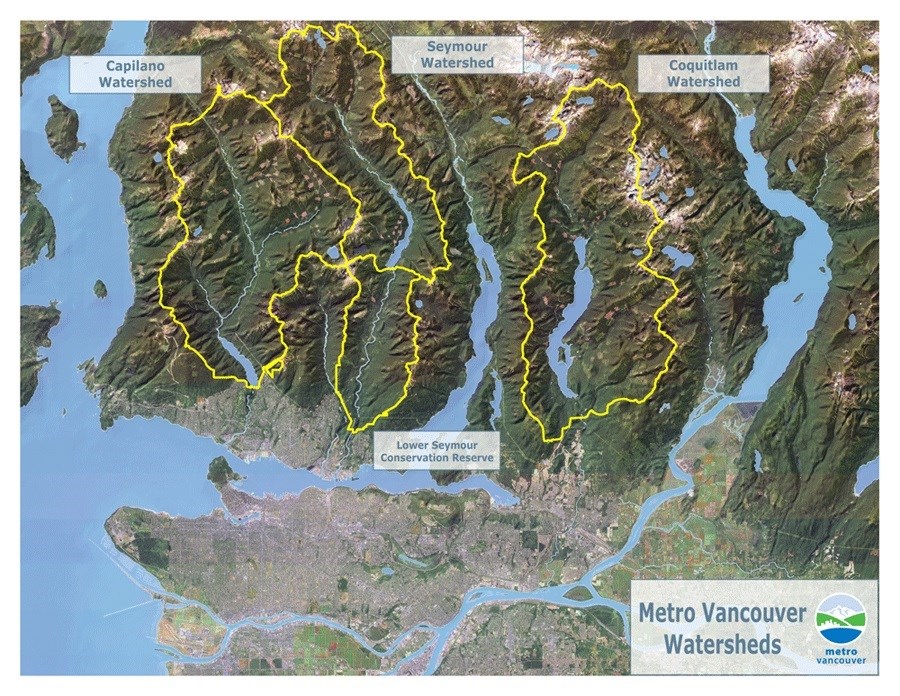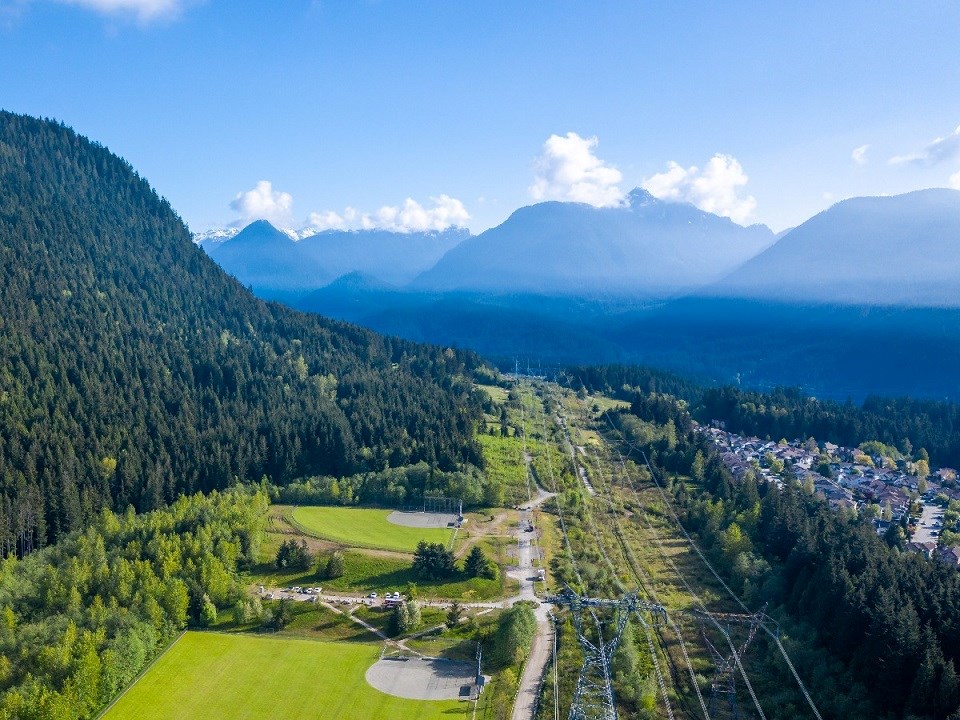Wildfires are a prominent risk for Tri-City residents that live along the border of forests.
To help mitigate that risk, the Coquitlam River Watershed Roundtable (CRWR) is set to host a free online session about how homeowners can better protect their property and the surrounding environment.
The CRWR is a non-profit organization that aims to preserve and enhance the health of the entire Coquitlam River Watershed — which stretches from Westwood Plateau to the north side of Coquitlam Lake.

The group believes this can only be accomplished through "collaboration, education and advisory action."
According to B.C. Fire Smart, there are about 5,000 properties in the regional wildland-urban interface that are subject to fires and are encouraged to be brought up to speed on fire prevention each year.
In addition to members of the CRWR, other guest speakers during the webinar include:
- Richard Boase, Section Manager of Environmental Sustainability for the District of North Vancouver
- Chad Evans, Port Coquitlam Fire Department
The webinar is scheduled to take place via Zoom on Wednesday (Sept. 29) from 11:30 a.m. to 1 p.m. and space is limited.
Interested residents can register by clicking here.
For more information on B.C. FireSmart and its tips on prevention, you can visit the initiative's website.
The CRWR webinar is scheduled to take place three days after it and a group of volunteers are set to clean up litter, trash and other debris along Traboulay PoCo Trail as part of BC Rivers Day.
This is also set to help reduce environmental risks to the Coquitlam River.
Litter collected will be used to build a public art piece representing the ongoing litter problem in the watershed.
You can click the post below for more details.



